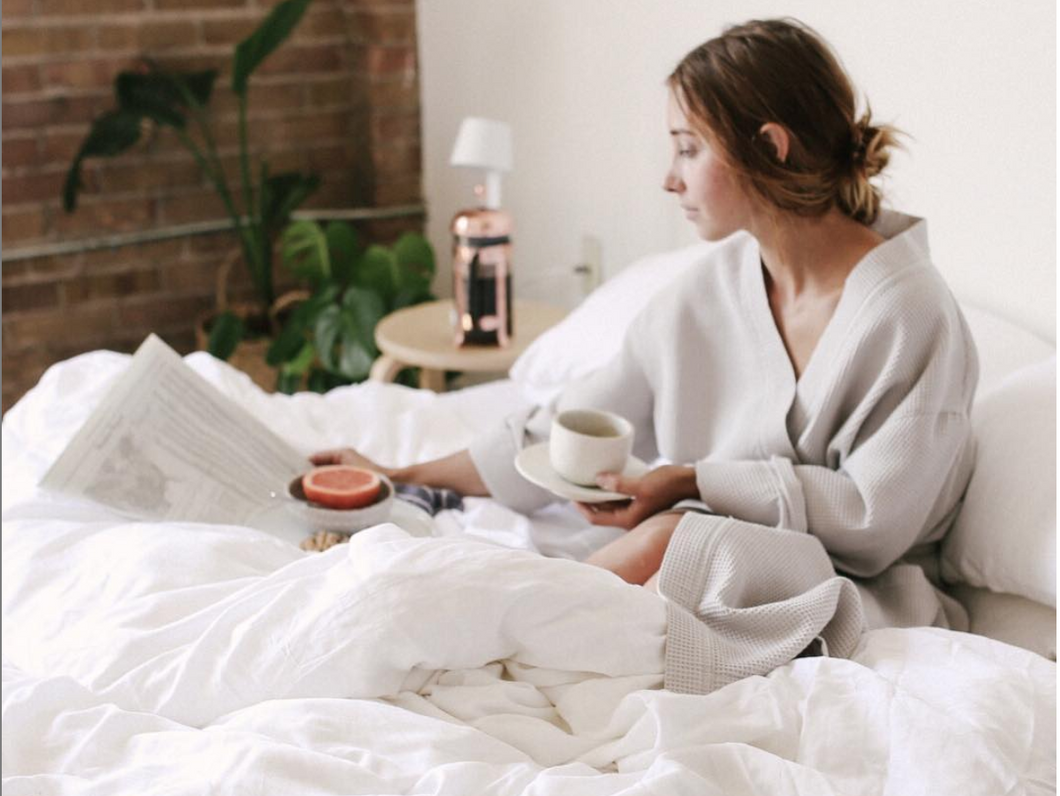Sleepless nights, tossing and turning, and endlessly counting down the minutes until your morning alarm goes off. Sound familiar? If you suffer from difficult sleep or insomnia, then you might feel like you've tried everything or read every blog and book about how you can fall asleep faster and feel more rested. Not getting enough sleep seriously impacts your overall health and ability to function day-to-day, so make it a priority to set up a night routine and catch those z's! Disclaimer: If your sleep troubles persist beyond natural interventions, visit your doctor. You may require testing for sleep disorders or additional medical attention.
1. Gentle stretching or yoga
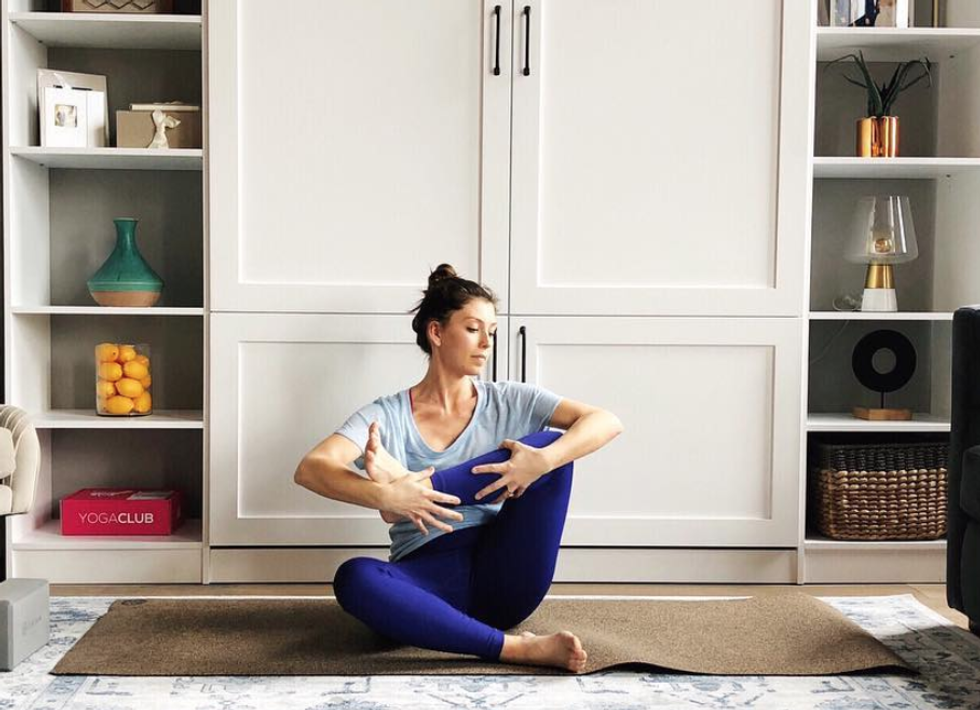
https://www.instagram.com/p/BiEzSEOliHv/
Gently stretching and moving the body helps ease any physical tension or areas of soreness and pain from your day.
2. Self-myofascial release

https://www.instagram.com/p/Bt63Y2ih9YF/
Using a foam roller or lacrosse/tennis balls to release any knotty areas like in the upper back/trapezius muscles and at the lower back and hips.
3. Journal your worries away
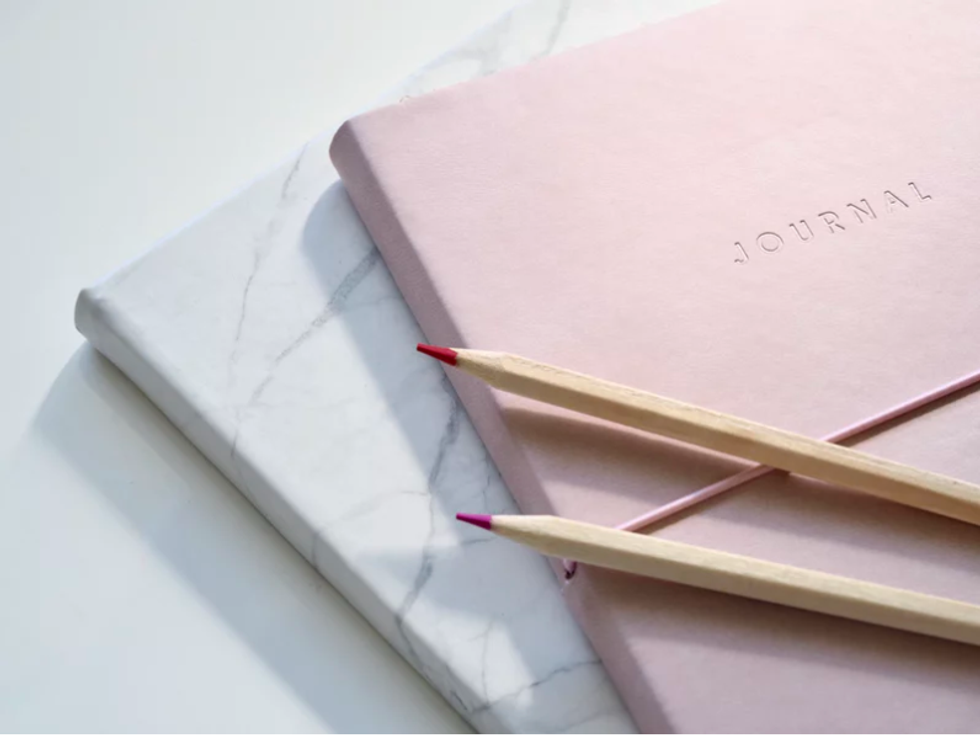
https://unsplash.com/photos/y7GlIdTUOvo
If part of your difficulty in falling asleep is related to your on-going to-do list or general anxiety, then getting everything out of your head and onto a nonjudgmental piece of paper can be helpful. If you're more of a talking it out kind of person, see if you can spend a few minutes venting to a supportive friend or family member.
4. Drink an herbal tea
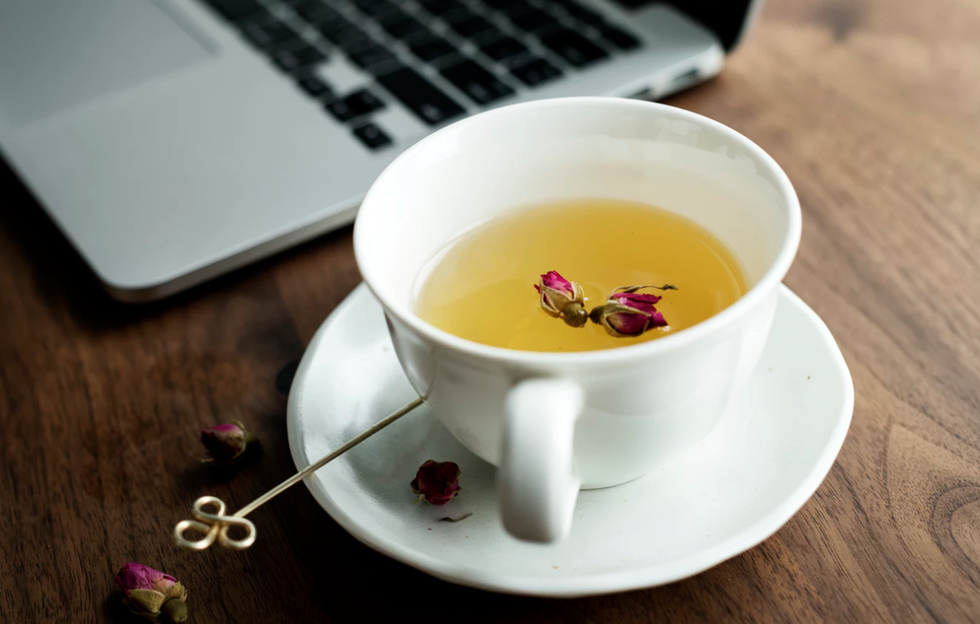
https://unsplash.com/photos/8tyukLGfFmg
Herbal tea blends targeted for improved sleep and dreaming include lavender, mugwort, holy basil, gotu kola, and valerian root. These powerful herbs can induce sleep and promote relaxation, and additionally, drinking a warm cup of tea can be a soothing and cozy part of your night routine.
5. Listen to relaxing music or white noise sounds
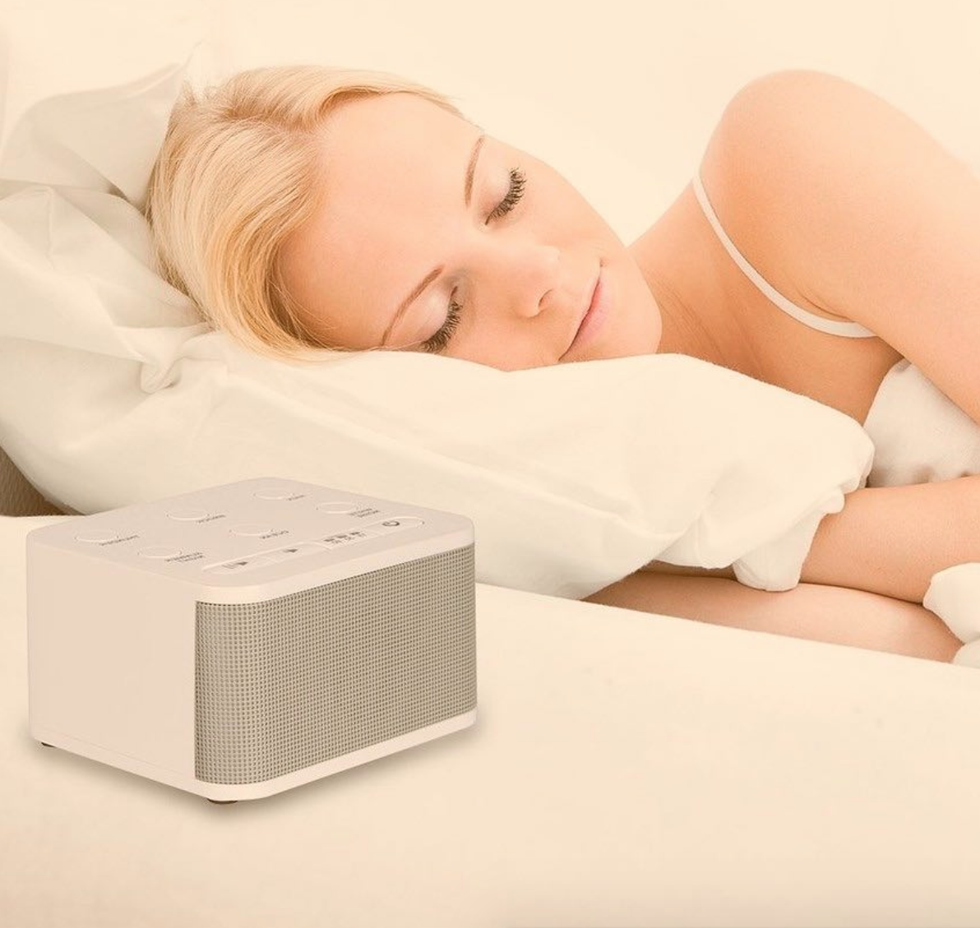
https://www.instagram.com/p/BtyDzXnAAO6/
Listening to one of the relaxing or sleep playlists on Spotify may help get you in a more calm state of mind. If you like to sleep with white noise in the background, try a sleep machine or ambient noise station that can play through the night.
6. De-clutter around your bed

https://scontent-yyz1-1.cdninstagram.com/vp/99bcc4768e8acd9ffc17db8729366f1e/5CDD71D9/t51.2885-15/fr/e15/s1080x1080/41705525_606932309708401_673657229630460104_n.jpg?_nc_ht=scontent-yyz1-1.cdninstagram.com&se=1
Even if your room is on the messy side, try and at least clear the clutter directly surrounding your bed. This is calming to the nervous system and creates less visual stimuli that can capture your attention.
7. Read something light

https://www.instagram.com/p/BtydRFpFgPQ/
Read something that won't bog you down or be on your mind the rest of the night, like an easily digestible magazine or your favorite blog.
8. Upgrade your bed

https://www.instagram.com/p/Bt7HsR8BuNz/
Try adding a mattress topper or getting a new set of silky soft sheets if your bed itself is uncomfortable and difficult to relax in. You might also try a different pillow if you have neck discomfort or pain.
9. Keep your room dark
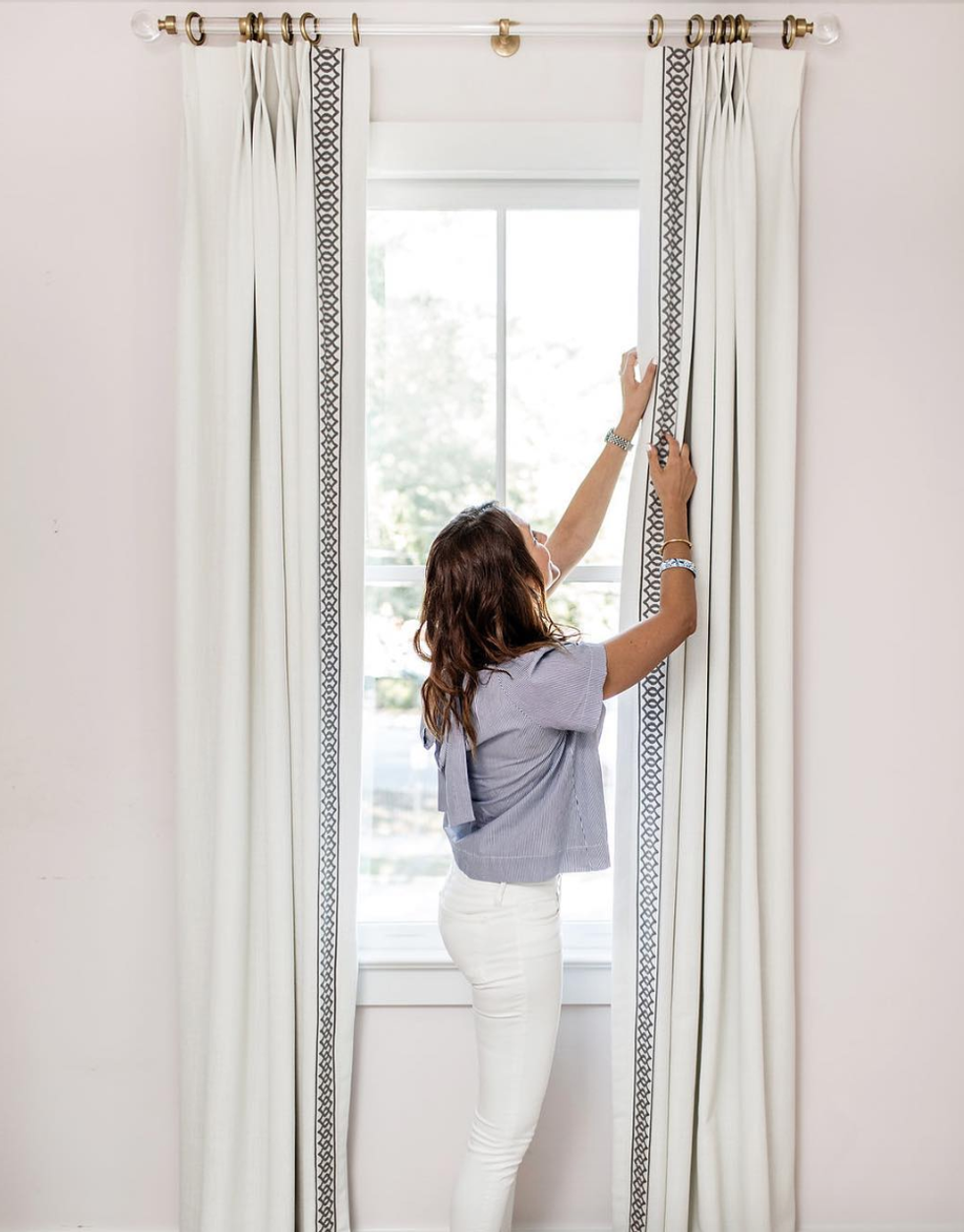
https://www.instagram.com/p/BpSHpyMgKc_/
Try to avoid electronics late at night whenever possible. If you need to be working on a paper or studying on your laptop, try wearing a pair of glasses that block blue light. You might also invest in a pair of blackout curtains if your room gets a lot of bright natural light in the early morning, or if any street and city lights seep in overnight.
10. Create a sleep log
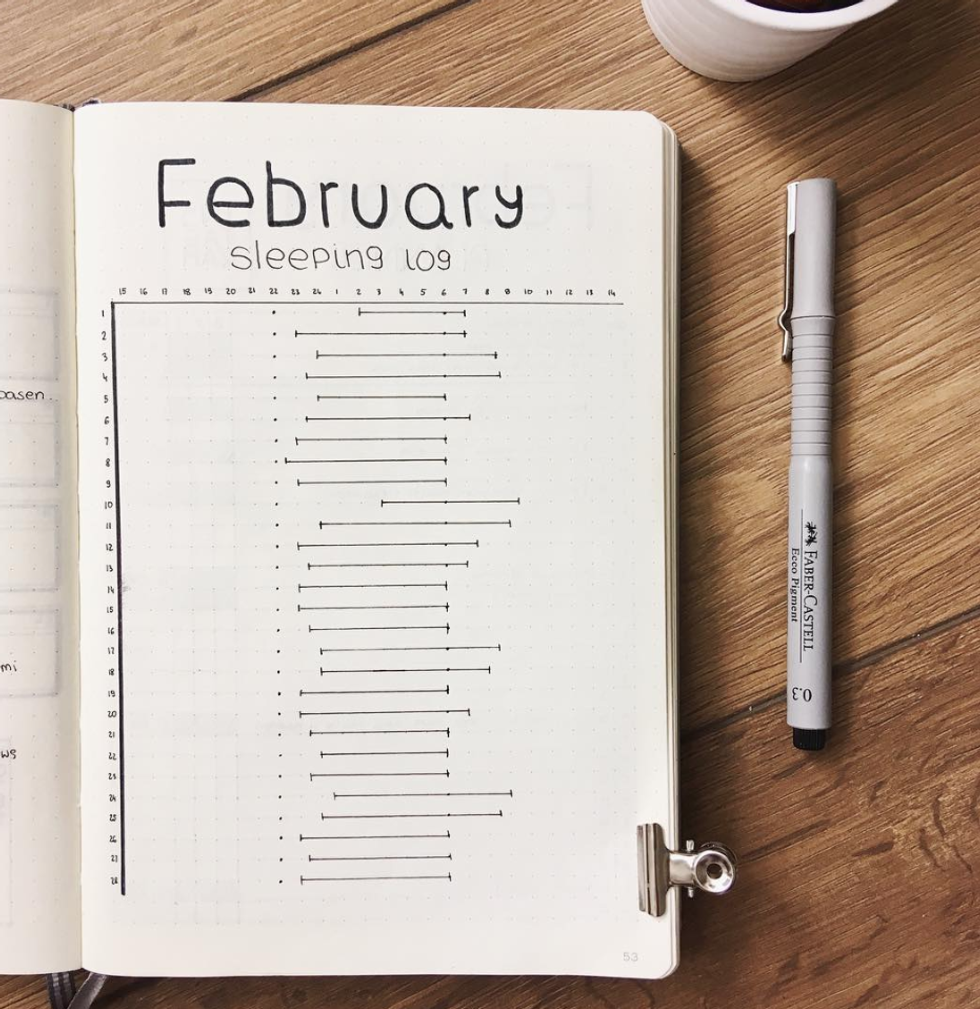
https://www.instagram.com/p/Bf5d1A7l9sG/
Start to track exactly how often you have difficulty sleeping and what your average hours of sleep per night are. It doesn't have to be anything intricate, and there are apps you can download that make tracking your sleep simple and effective. This way, when you implement new relaxation strategies and techniques, you can see what led to the most dramatic improvement in your quality of sleep.

